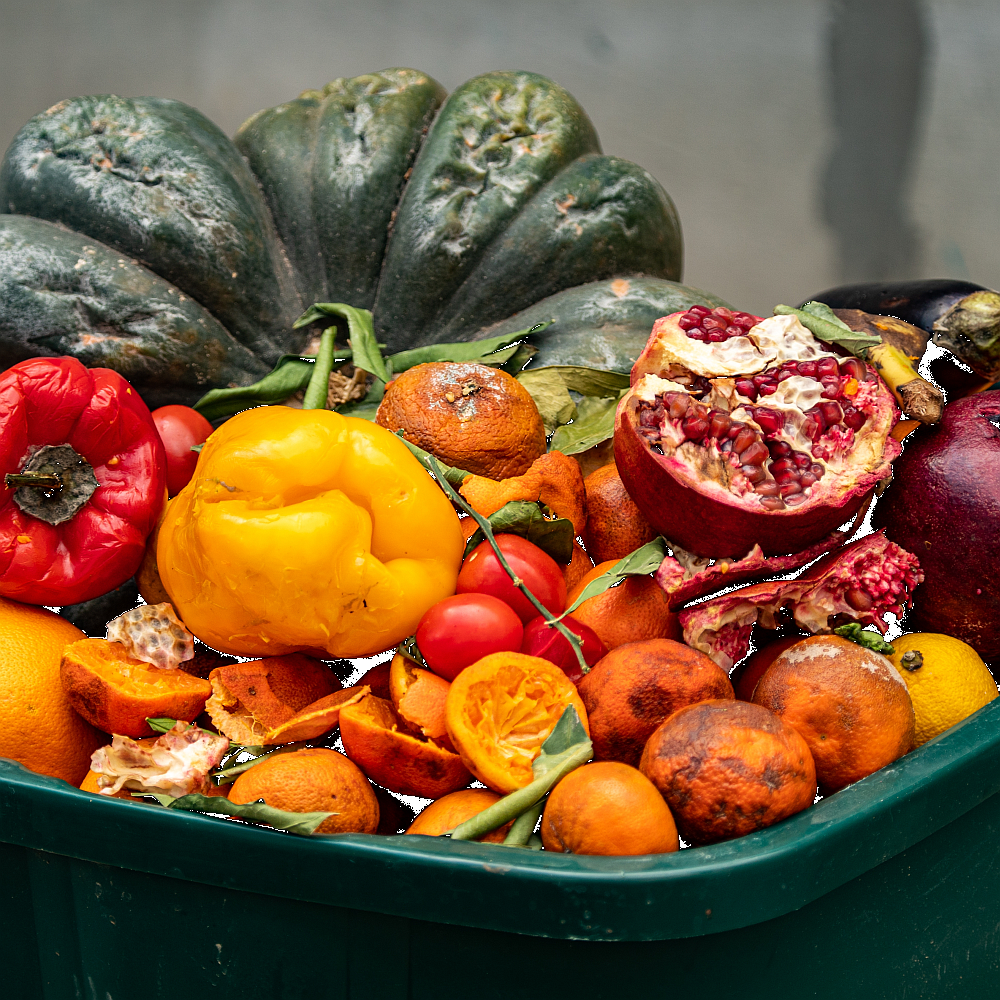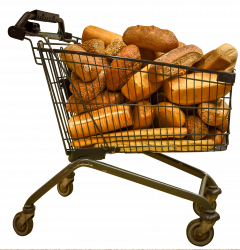09 Sep

What Are the Fundamentals for Retail Waste Management?
Waste management is one of those things that sounds simple and easy to get started on but becomes a huge headache once you get rolling. Retail waste management is necessary for any modern society, and the more we rely on automation, the more we need to know about it. In order to sustain a viable retail waste management program, certain fundamentals must be in place. These include an effective strategy for collecting and sorting waste materials and accurate records-keeping to ensure proper disposal. By focusing on these critical components, retailers can minimize their environmental impact while reducing waste disposal costs.
Following these guidelines can create a sustainable retail waste management program that benefits the environment and your bottom line. Here are some of the fundamental tips to reduce waste in retail.
1. Know Where Your Materials Come From
You should always know where your materials come from to avoid purchasing unnecessary products. This way, you will learn how much packaging materials are in your stores and what materials you use. It’s better to make informed decisions on this issue than to make them on impulse. If you don’t know, then research it.
Not only will this help you to plan appropriately, but it will also help you determine whether or not you have adequate material storage space. If you don’t know where your products come from, how do you know where they need to go? Before starting your collection, it’s helpful to understand the life cycle of your products and how they will be impacted by waste management.
2. Learn About the Different Types of Packaging Materials
When you learn about the different types of packaging materials, you will know what products are recyclable and which are not. By avoiding unnecessary waste materials, you will not only conserve natural resources, but you will also help improve recycling efforts. Knowing all the different packaging materials used in your business is essential. Understanding this information will allow you to determine what type of waste collection method best suits your needs and help you select proper recycling centers when necessary.
First, you need to know how Plastic, paper, and Glass are used in the packaging process. For example, Plastic is very durable but can take a long time to decompose, particularly if it doesn’t have a natural source of oxygen. This means that it takes many years for Plastic to biodegrade and that the chemicals used in the manufacturing process can leach into the ground. Paper is relatively cheap but is also a very dense material that can be difficult to recycle. The Plastic inside cardboard boxes and other paper products is generally considered non-recyclable, so in many cases, it must be disposed of as solid waste. Glass is a high-value recyclable product. It’s lightweight and often reusable. If it has a high-quality surface, it can also be reused or repurposed. Understanding the different types of packaging materials used at the point of purchase can help you establish effective collection and disposal programs. Knowing what kind of materials are used, when they’re discarded, and where they’re going will allow you to make smart decisions when designing your collection and disposal plan.
3. Keep Records
It may seem like common sense to keep accurate records, but it’s something that too many companies overlook. Records are the cornerstone of any good waste management system. To keep on top of any issues, you need to be able to view your data easily. This includes the waste stream data but also the records pertaining to any problems you might encounter. If you’re not already doing this, set up a database that keeps track of all the pertinent details. This can include information like how much waste you generate, what percentage of the total waste is recyclable, and what portion of the total is compostable.
For example, Carbon footprint reports can also help you understand where you stand globally regarding reducing your carbon footprint. Hence, this information allows you to determine which of your current collection methods are working and which could use improvement. If there is no record of what was recycled or if the data is not accurate, you may need to adjust or update your collection method accordingly. Therefore, it’s crucial to keep this information accurate and up-to-date as it will be the foundation for future data analysis.
4. Use Automation
Technology has become so prevalent in today’s world that it seems like there is always something available to improve the efficiency of our processes. From smartphones to automatic check scanners, the retail industry is increasingly using technology to streamline business processes and create more time for employees to focus on the customer experience. There are many options for companies to consider when it comes to waste collection. From self-service kiosks to self-closing bins, these innovations have made it easier than ever before to dispose of waste without help from an employee. But if you choose to automate, make sure that your systems are designed to eliminate waste rather than encourage it. For example, consider using a recycling or composting system that sorts materials automatically rather than relying on employees to separate recyclables manually. Or consider investing in a recycling kiosk that removes the need for manual collection.
Another important consideration for companies looking to implement waste collection automation is cost. While these types of systems are often relatively inexpensive, they can quickly add up to thousands of dollars over a year. To make them worthwhile, you should aim for a return on investment of at least 30% in order to offset the initial costs.
5. Have a Waste-Management Team
You may have a dedicated employee team that handles the recycling process for your retail location, or you may have no team at all. Either way, you’ll want a system that ensures everything runs smoothly from beginning to end. If you do not want to take all that hassle yourself, you can consider Link Retail, an AI software explicitly designed for the retail industry. It provides a solution to track everything down that helps in waste management, like retail waste audit, retail food waste management, grocery food wastage, etc. Hence, you can rest assured knowing your efforts have already been taken care of. This will save you time and effort while focusing on providing your customers with the best service possible.
Related Post
Tags
Keywords
Tags
Resources
© 2020-2024 Link Retail. All rights reserved.











